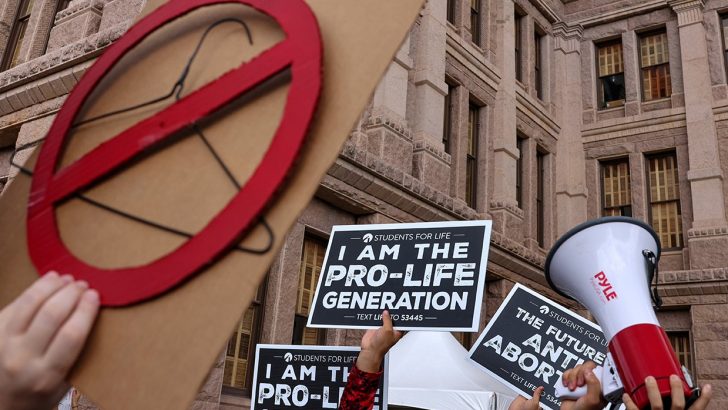Pro-life leaders in Texas responded to a federal judge blocking Texas’ pro-life “heartbeat” law, just more than one month after the law went into effect.
In a ruling on Wednesday, October 6, Judge Robert Pitman of the Western District of Texas ceased enforcement of the law by the state.
The Texas Heartbeat Act limits most abortions after detection of a foetal heartbeat, and is enforced through private civil lawsuits against those performing illegal abortions, as well as against those deemed culpable under the law of assisting in illegal abortions. Successful lawsuits can net at least $10,000 in damages.
The Biden administration had recently lodged a complaint requesting a temporary restraining order on the state or anyone filing a lawsuit under the law.
Although Pitman would not order an injunction on prospective private lawsuits, his order thwarted any private actions under the law “to the extent” that they “would necessitate state action that is now prohibited.” The state is prohibited from actions such as awarding damages to successful lawsuits or imposing judgments in such cases. “A person’s right under the Constitution to choose to obtain an abortion prior to foetal viability is well established,” Judge Pitman enshrined in his decision.
Responding to Pitman’s overruling of the heartbeat law, Chelsey Youman, Texas state director of the group Human Coalition Action, stated that, “Judge Pittman’s stonewalling of the Texas Heartbeat Act is a shameless example of unfettered judicial activism at its worst. His historic injunction has no regard for the rule of law, and is more about partisan politics than a fair judgment of the law.”
“The people of Texas speaking through their state legislators acted to protect unborn children with beating hearts, who are as human as you and me,” said Marjorie Dannenfelser, president of the Susan B. Anthony List.
“The Heartbeat Act is estimated to have saved more than 4,700 babies since it took effect over a month ago. Now an unelected judge has interfered with the clearly expressed will of Texans,” she added.
Judge Pitman wrote that Texas “contrived an unprecedented and transparent statutory scheme” that “circumvented the traditional process” of judicial review by allowing private citizens to enforce the law through lawsuits.
In his opinion and footnotes, Pitman made persistent references to “pregnant persons” and “pregnant people.”
“The Court finds that abortion is a safe and common medical procedure, based on the credible declarations of abortion providers founded on their education and experience,” he stated.


 Pro-life advocates and supporters of legal abortion demonstrate in Austin, Texas, October
2. Photo: CNS
Pro-life advocates and supporters of legal abortion demonstrate in Austin, Texas, October
2. Photo: CNS 